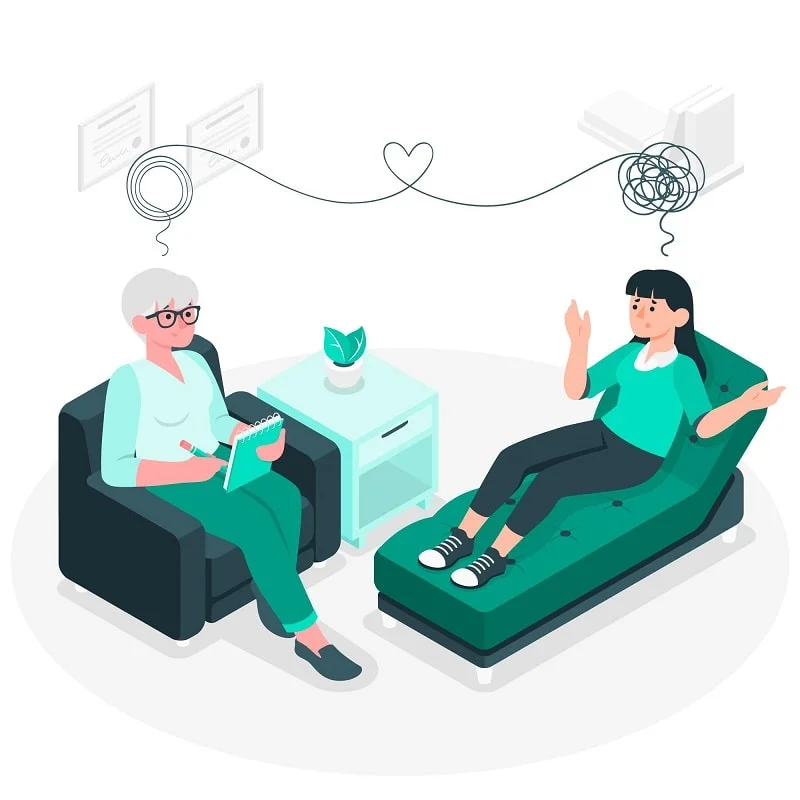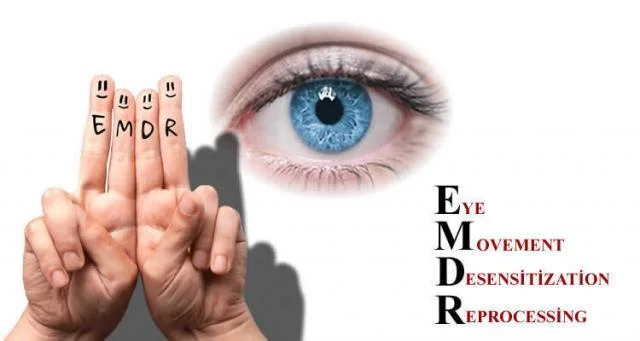
From the Perspective of a Clinical Psychologist The Benefits of Individual Therapy
- From the Perspective of a Clinical Psychologist The Benefits of Individual Therapy
- 1. Self-Awareness and Personal Insight
- 2. Emotional Release and Relief
- 3. Improved Relationship Quality
- 4. Enhanced Self-Worth and Self-Esteem
- 5. Managing Anxiety and Depression
- 6. Improved Decision-Making and Problem-Solving Skills
- 7. Improved Quality of Life
As a clinical psychologist, I have witnessed the countless benefits of individual therapy throughout my professional life. The human mind can sometimes become entangled in its own inner turmoil; thoughts become intertwined, and emotions lose their clarity. Individual therapy offers a compass to guide people through this fog. It is a structured journey of self-exploration that enables individuals to better understand themselves, make sense of their emotions, and develop healthier coping mechanisms for the challenges they face.
1. Self-Awareness and Personal Insight
Many people continue through life without truly knowing who they are, what they want, or why they feel the way they do. Individual therapy plays a crucial role in fostering self-awareness. During sessions, the individual has the opportunity to objectively examine their past experiences, traumas, relationship patterns, belief systems, and behavioral habits.
This awareness opens the door to personal transformation. As a clinical psychologist, I often witness those “aha” moments when clients say, “So that’s why I feel this way,” or “I never realized this about myself.” These moments reaffirm my belief in the power of individual therapy.
2. Emotional Release and Relief
Life can place heavy emotional burdens on us—grief, disappointment, feelings of worthlessness, fear of abandonment—and over time, these emotions can weigh down our mental well-being. In therapy, these feelings are not judged or suppressed, but rather explored and validated.
Many of my clients tell me how freeing it is to have a safe space where they can express themselves openly and be truly heard and understood. Individual therapy offers that safe, confidential environment where emotions can be released and lightened.
3. Improved Relationship Quality
Humans are inherently relational beings. Our connections with family members, partners, friends, and colleagues profoundly affect our emotional states. In therapy, clients explore recurring patterns in their relationships, sources of conflict, and how they relate to others.
Over time, many of my clients begin to set healthier boundaries, learn how to say “no,” express their feelings more openly, and develop deeper empathy toward others. This naturally leads to reduced conflicts and stronger, more fulfilling connections.

4. Enhanced Self-Worth and Self-Esteem
Self-esteem is closely tied to the value a person places on themselves. Those who experienced feelings of inadequacy or rejection during childhood often struggle with low self-worth in adulthood. Individual therapy helps individuals rediscover their core identity and recognize their internal strengths.
Through sessions, clients begin to see that the negative beliefs they internalized in the past no longer serve them. Instead, they start cultivating a more compassionate and supportive inner voice. This reinforces their sense of self-worth and confidence.
5. Managing Anxiety and Depression
Anxiety and depression are among the most common mental health challenges today. Individual therapy helps address the root causes of these issues, offering tools to regulate emotions, restructure distorted thoughts, and develop effective coping strategies.
As therapy progresses, clients begin to recognize the triggers behind their anxiety, challenge their catastrophic thinking patterns, and replace them with more balanced and realistic alternatives. This contributes significantly to both emotional and physical well-being.
6. Improved Decision-Making and Problem-Solving Skills
In therapy, clients not only analyze their problems in depth but also practice generating solutions. This process strengthens decision-making skills and fosters more effective problem-solving abilities.
Those who come to therapy during turning points in their lives often report feeling more confident in their choices and more aware of the motivations behind their decisions.
7. Improved Quality of Life
Ultimately, individual therapy is not just a place to solve problems—it is also a space for emotional growth and personal development. Clients who regularly attend therapy often report finding greater meaning, fulfillment, and balance in their lives.
For me, one of the greatest joys of being a clinical psychologist is witnessing a client leave the session room feeling stronger, more self-aware, and more hopeful.
In Conclusion, individual therapy is not a luxury—it’s a necessity. Everyone may need professional support at some point in life. Seeking help is not a sign of weakness; it’s an act of courage. Investing in our mental health means valuing the most important asset we have—ourselves.
As a clinical psychologist, I feel deeply honored to walk alongside my clients on this transformative journey and to witness their healing and growth.

Spc. Clin. Psy. Esra Sayın




